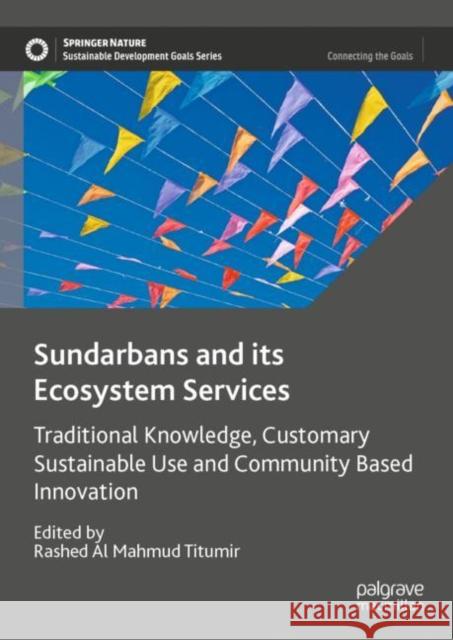Sundarbans and Its Ecosystem Services: Traditional Knowledge, Customary Sustainable Use and Community Based Innovation » książka
topmenu
Sundarbans and Its Ecosystem Services: Traditional Knowledge, Customary Sustainable Use and Community Based Innovation
ISBN-13: 9789811929991 / Angielski / Twarda / 2022 / 160 str.
Sundarbans and Its Ecosystem Services: Traditional Knowledge, Customary Sustainable Use and Community Based Innovation
ISBN-13: 9789811929991 / Angielski / Twarda / 2022 / 160 str.
cena 442,79
(netto: 421,70 VAT: 5%)
Najniższa cena z 30 dni: 385,52
(netto: 421,70 VAT: 5%)
Najniższa cena z 30 dni: 385,52
Termin realizacji zamówienia:
ok. 16-18 dni roboczych.
ok. 16-18 dni roboczych.
Darmowa dostawa!
Kategorie:
Kategorie BISAC:
Wydawca:
Springer Verlag, Singapore
Seria wydawnicza:
Język:
Angielski
ISBN-13:
9789811929991
Rok wydania:
2022
Ilość stron:
160
Wymiary:
21.0 x 14.8
Oprawa:
Twarda











